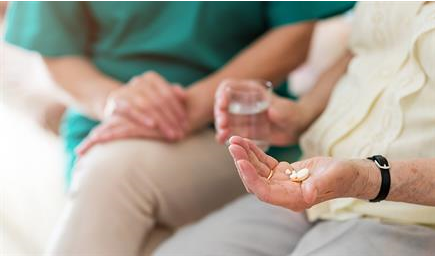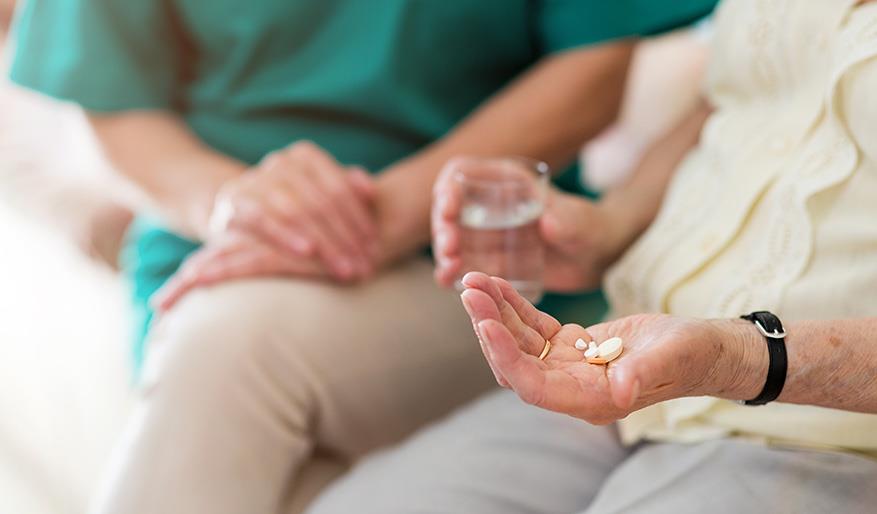COVID-19 is a respiratory illness caused by the coronavirus, that spreads easily from person to person via airborne respiratory droplets. The pandemic has affected people globally, with older people, and those with underlying health conditions such as diabetes, lung conditions and heart disease, being most at risk of developing serious complications. But what about Parkinson’s disease? How does coronavirus affect people living with this condition, and what precautions should they be taking?
Is there an increased risk for people with Parkinson’s?
Parkinson’s disease is a progressive condition of the nervous system that affects movements, with patients experiencing shaking, tremors, and muscle stiffness. Parkinson’s itself does not increase the risk of catching coronavirus. However, as people living with the condition are usually over the age of 60, they fall into the vulnerable category, and are more likely to develop complications.
While people with Parkinson’s do not have a compromised immune system, they are at risk from complications due to decreased muscle function. Problems with the muscles of the respiratory system can make it difficult to take deep breaths and get enough oxygen into the lungs.
- Know the symptoms of coronavirus The most common symptoms of COVID-19 include fever, cough and difficulty breathing. If you have Parkinson’s and begin to feel unwell or display symptoms, stay home and contact your doctor immediately. If you have a mild case, you will be advised to stay at home and self-isolate for two weeks. If you develop coughing, fever or difficulty breathing, go to your nearest emergency department.
- Take precautions Although people living with Parkinson’s are at no more risk of catching coronavirus, they may be more likely to suffer complications. Adhering to government guidelines on preventative measures is very important. This includes thorough and regular hand washing, wearing a protective mask, practicing physical distancing, and only leaving the home when necessary. Family members of people with Parkinson’s should also take precautions to reduce the risk of bringing the virus into the home.If you have Parkinson’s and another health issue that puts you at higher risk, you should practice self-isolation. This involves avoiding contact with anyone who has displayed any COVID-19 symptoms staying home and minimizing contact with anyone other than close family members.
- Be prepared Try to stock up on your medication so you can limit the number of trips you need to make to the pharmacy. If you are running low, call your pharmacist to see if home delivery is possible. It’s a good idea to make a list of your medications and useful medical phone numbers, and share it with family so they can help you out if you do become unwell. Speak to your healthcare provider about any appointments you have booked as they may be able to conduct them virtually, but if you have any urgent health concerns, always contact your doctor immediately. Continue to take any medication prescribed to you, even if you feel unwell. Always talk to your doctor and follow their advice on adjusting dosage if necessary.
People living with Parkinson’s are no more at risk of catching coronavirus than anyone else, but the illness can cause complications. Keep safe and follow guidelines on hygiene and distancing to protect yourself. If you feel unwell or are concerned about any other health issue, reach out to your doctor.

